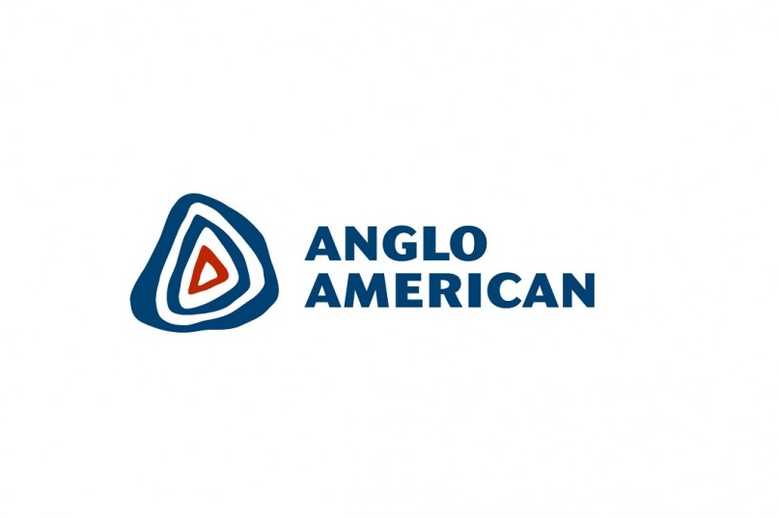Twenty seven of the world’s leading mining and metals companies and 36 associations are committed to climate change solutions through their membership of the International Council on Mining and Metals (ICMM), an international organisation dedicated to a safe, fair and sustainable mining and metals industry. It is through the ICMM’s climate change position statement that all members commit themselves to reducing emissions and supporting a low carbon future. “Our company members understand the urgent need for a global response to the threat of climate change and our mining principles, alongside our position statement on climate change, clearly articulate their commitments,” ICMM CEO Tom Butler told the media.
Among the top mining company members are South Africa’s African Rainbow Minerals, Anglo American, AngloGold Ashanti, Barrick, Glencore, Gold Fields, Sibanye-Stillwater, BHP, Rio Tinto, Newmont, Vale, Newcrest and South32 and all members are required to implement the ICMM’s mining principles as a condition of membership. The organisation’s four principles relevant to climate change are: firstly, implementing effective risk-management strategies and systems based on sound science and which account for stakeholder perceptions of risks; secondly, pursuing continual improvement in environmental performance issues, such as water stewardship, energy use and climate change; thirdly, facilitating and supporting the knowledge-base and systems for responsible design, use, re-use, recycling and disposal of products containing metals and minerals; and, finally, proactively engaging key stakeholders on sustainable development challenges and opportunities in an open and transparent manner.
ICMM’s climate change position statement also commits company members, among others, to the implemention of governance and disclosure processes to ensure that climate change risks and opportunities are considered in business decision-making; the engagement with host communities on shared climate change risks and opportunities, and help communities understand how they can better adapt to the physical impacts of climate change; the disclosure of Scope 1 and 2 greenhouse gas emissions on an annual basis and set emissions reduction targets at a corporate level; the support of efforts to mitigate greenhouse gas emissions, in collaboration with peers, by promoting innovation, developing and deploying low emissions technology, and the implementation of projects that improve energy efficiency and incorporate renewable energy supply in the energy mix.




